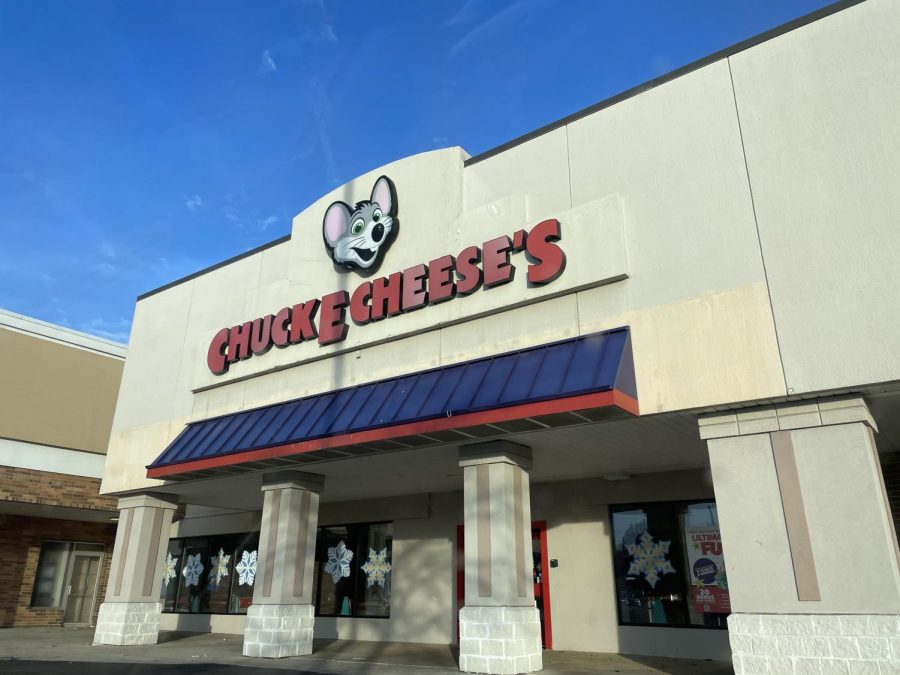Chuck E. Cheese: Where a kid can be an adult
Chuck E. Cheese has been part of many people’s childhood but recently it has been exposed to teaching kids to gamble.
The childhood arcade that brought me so many memories was Chuck E. Cheese. Those fun times where I got my family together, played games and got classic pizzas. Now that I think about it, as a 17 year old that hasn’t gone since elementary school, it’s all a scam and a waste of money.
When I was online cruising, I stumbled upon people making conspiracy theories about Chuck E. Cheese. Theories about the reused pizza, creepy animatronics, creepy stories from former employees, but one theory caught my eye– the hidden idea that kids were being taught to gamble at such a young age.
I almost didn’t believe it. Chuck E. Cheese, the one nostalgia place that was once many kids’ childhood arcade, was actually teaching people at the most vulnerable and absorbent time of their lives that gambling was the way to succeed. Especially with the rigged amount of tickets a child had to win in order to get a good prize.
When I tried to look back on what I remembered as a kid, I realized how many things I observed that connected to gambling.
Fun games barely gave tickets but complex, harder games gave more: I always found it hard to understand a new game when I saw that other kids were gaining a lot of tickets in harder games, or they would just be left out and not be paid any attention. When I tried playing any games like the Monopoly machine, the jumping game that I couldn’t keep up the speed with, pinball and other games, I couldn’t beat them. I stuck with the fun ones like the wack hammers, throwing mini balls and any games that were involved with simply shooting a target that involved me to replay them.
I remember I always wasted my golden coins, known as tokens (removed in 2016 due to cards being more accessible), on the roller coaster machine that had me shaking afterwards because I loved seeing the scary vibes it used to have.
Having to play more games: The more I lost in games, the more I wanted to play. The nagging sound from the machine as I lost became my motivation to win. It kind of gets to the player’s mind that they need to succeed by winning games to receive a good amount of tickets, and they have to be selective with what games they choose to play.
Paying more money to get more tokens: When I ran out of coins, I always went to my parents for more. The tokens were in a mini cup, and 50 coins ranged to about $5; although it was cheap, people kept on buying more and more to continue playing games. It relates to adults in casinos where they’d give a certain amount of money to receive chips to start gambling, successfully creating a disconnect between their money and the chips.
Prizes cost too many tickets: I always got excited to see the number of tickets I had and heading over to the counting machine where Mr. Munch would make that crunchy sound I’d never forget. But all I won was a few Tootsie Rolls, or being lucky if I got a temporary tattoo from the stand. The cooler toys, like dolls or plushies, would cost more than 1000 tickets while the candy or plastic toys were 5-10 minimum. I never once won the cool toys during my childhood at the arcade.
Though the arcade does bring me good nostalgic memories that I could never forget, and I am grateful to have had fun there as a kid, I find it a realization of maturity now that I have grown up that Chuck E. Cheese isn’t the brightest, lively arcade it once was anymore.


